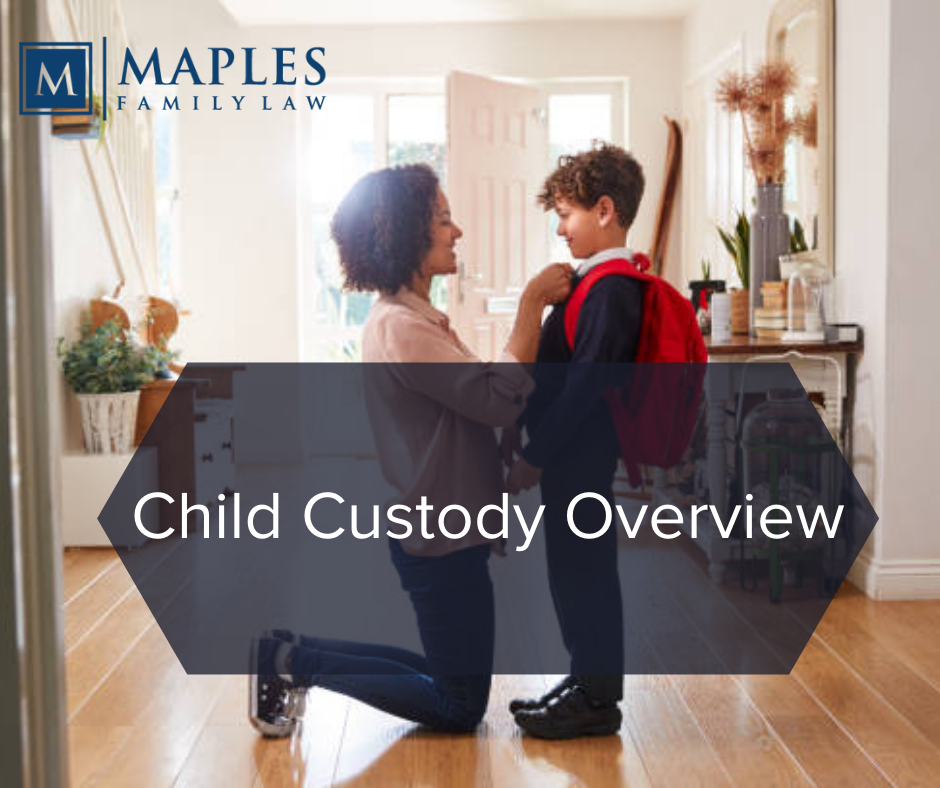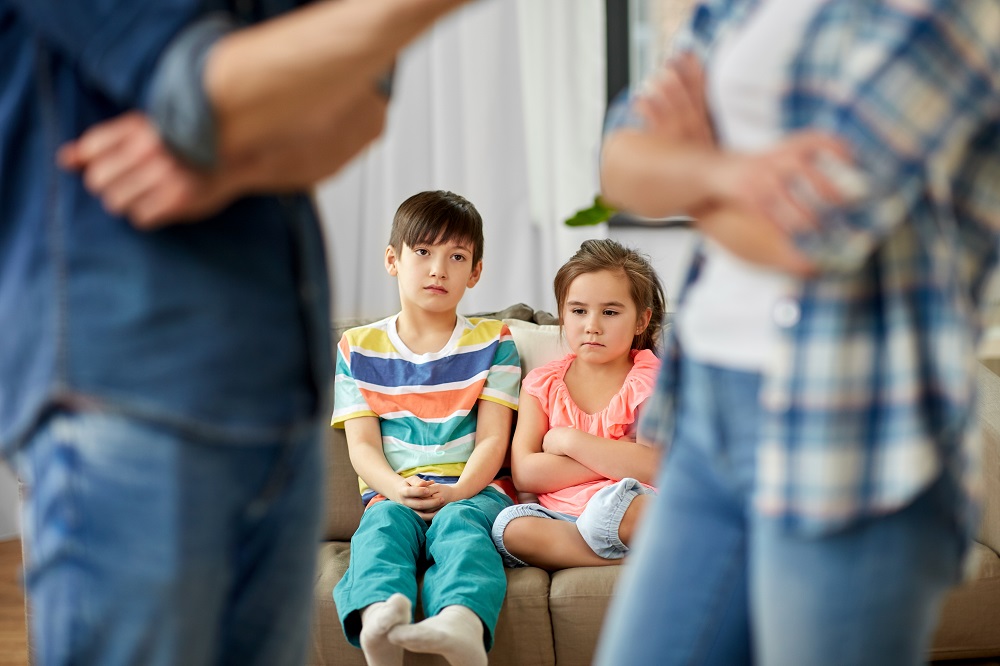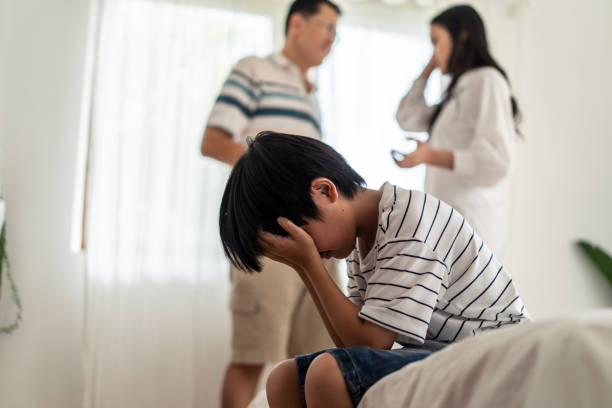Dispelling the Myth: Automatic Child Custody in Stockton, CA – What You Need 2 Know
Understanding Child Custody in California The heartache of separation or divorce is often amplified by the looming question of child custody. Many parents, understandably, carry the misconception that one parent, …









